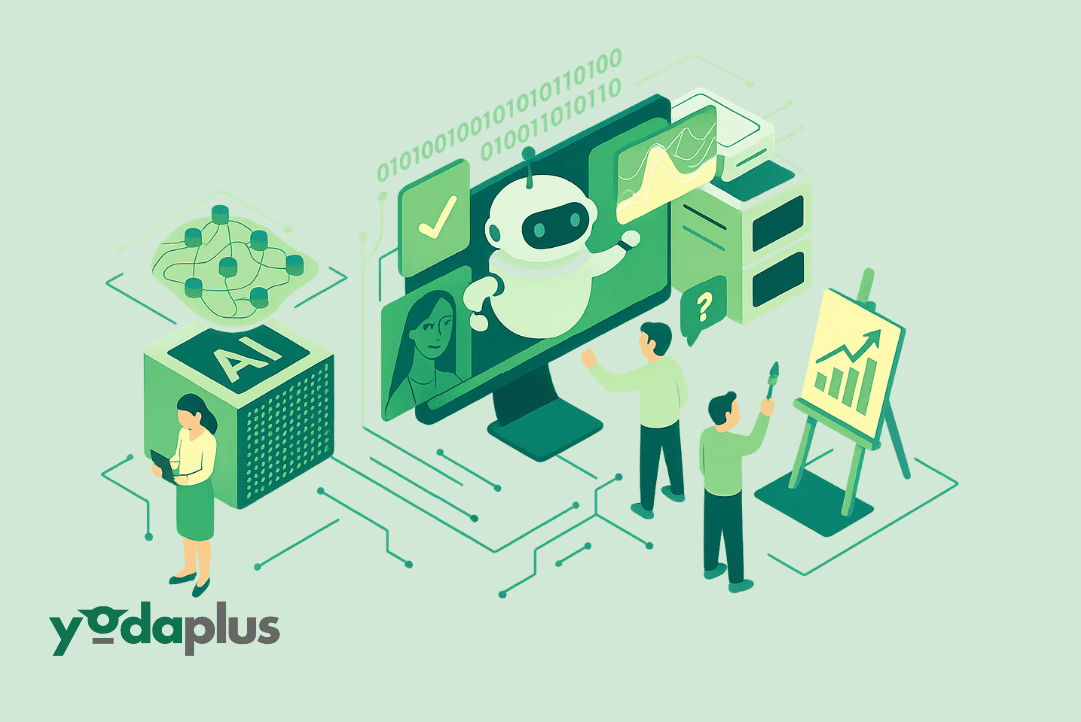
MCP in Action: Use Cases from Multimodal AI to Finance and Supply Chain
April 24, 2025 By Yodaplus
Introduction
The Model Context Protocol (MCP) is emerging as a powerful enabler for Agentic AI, especially in enterprise settings where context continuity, task complexity, and data interoperability are mission-critical. Unlike traditional AI that acts on isolated prompts, MCP provides a structured context object that powers goal alignment, memory persistence, and seamless agent collaboration.
This blog explores how MCP is driving real-world impact—from multimodal assistants to financial decision-making and supply chain optimization.
1. Multimodal Assistants: Integrating Text, Images, and Context
One of the most compelling use cases for MCP lies in multimodal AI systems that analyze text and images together. For instance, an AI assistant used in insurance might process a damage claim by:
- Parsing the user’s textual description of an incident
- Analyzing attached images of vehicle damage
- Maintaining context across follow-up queries and actions
MCP helps by structuring this information into a dynamic context object that preserves user goals, task trees, and interaction history. This context allows agents to understand nuances over time—enabling better assessments, more accurate documentation, and proactive support.
Why it matters: Traditional AI struggles with continuity. MCP allows assistants to act more like humans, connecting dots across modalities, remembering goals, and adapting as conditions evolve.
2. Financial Workflows: Smarter Decision-Making in FinTech
Financial institutions deal with layered workflows involving risk checks, document verification, compliance, and customer support. With MCP, autonomous agents can:
- Carry memory of previous interactions, approvals, and thresholds
- Dynamically switch roles (e.g., from evaluator to notifier)
- Retrieve and act on structured and unstructured data in real time
Let’s take loan underwriting. An agent can:
- Ingest financial documents from a customer
- Validate eligibility using compliance rules embedded in context
- Flag anomalies for human review or continue to approval based on confidence scores
Tools like GenRPT, can plug into this ecosystem, allowing users to interact with context-aware data through natural language, query across structured reports, and generate answers to queries..
Why it matters: MCP creates the scaffolding that allows agents to not just perform tasks but understand where they are in a larger workflow. This reduces duplication, accelerates decisions, and improves auditability.
3. Supply Chain Coordination: Real-Time, Role-Based Intelligence
Modern supply chains span warehouses, ports, vendors, and transport providers. They require agents that can:
- Coordinate across logistics systems and APIs
- Adapt to real-time changes like shipment delays or route changes
- Preserve task continuity across system boundaries
With MCP, a procurement agent can:
- Maintain context of inventory levels and reorder thresholds
- Switch from sourcing to fulfillment when thresholds are crossed
- Collaborate with a logistics agent to ensure timely delivery
Why it matters: In an industry where disruption is the norm, MCP enables autonomous resilience—agents don’t just react, they reason and replan.
Final Thoughts: Why MCP is a Game Changer
MCP offers a practical way to bring structure into how AI agents operate across tasks, tools, and roles. It helps systems stay consistent, especially in real-world enterprise settings where data, decisions, and users are always in motion.
At Yodaplus, we’re applying this across financial services, supply chain coordination, and other industries—using tools to connect AI agents with live business data. The result is AI that works with more context, less friction, and clearer accountability.
If you’re building applications that rely on reasoning, memory, or collaboration between agents, MCP is worth a closer look.